Unsure what the difference is between rapeseed oil and extra-virgin olive oil? Are you at a loss when it comes to deciding between an oil for salads versus an oil for sauces? We’ve got you covered! In this article, our test kitchen team breaks things down, once and for all.
Toasted sesame oil
Made from pressed, toasted sesame seeds, this oil is a common ingredient in Asian-style cuisine and imparts a deep, nutty flavour. Toasted sesame oil has a low smoke point, which makes it better as a finishing oil rather than a cooking oil. Use it to drizzle over noodles or soup, in salad dressings or to coat vegetables. Untoasted sesame oil is better for cooking and stir-frying.
What’s a smoke point? The smoke point is a representation of an oil’s resistance to heat. It’s the temperature at which oil will stop glistening and start to burn and smoke instead, imparting an acrid, burnt flavour to your food.
Rapeseed oil
Rapeseed oil is produced from the seeds of the rape plant, a yellow flowering plant belonging to the mustard or cabbage family. It has a delicate taste and low smoke point, making it as suitable for cooking as it is in sauces and emulsions.
Vegetable oil
The term “vegetable oil” refers to any oil that comes from plant sources; most vegetable oils on the market are a blend of rapeseed, corn, soybean and sunflower oils. With a low smoke point, vegetable oils are perfect for deep-fat frying.
Extra-virgin olive oil
Extra-virgin oil is made from the first cold pressing of the olives. It has a low acidity rate and is best used for dipping, in sauces or to dress salads, both because its delicate flavour is impaired by heat and because it has a low smoking point.
Olive oil
Olive oil is the liquid fat obtained by pressing whole olives and extracting the oil. A staple of the uber-healthy Mediterranean diet, olive oil is loaded with beneficial fatty acids and powerful antioxidants. Its flavour is blander than extra-virgin olive oil, so it’s best used as a cooking oil when sautéing; its flavour is too pronounced for deep-frying.
Feeling inspired? Check out our guide to making delicious, herb-infused oils, here.
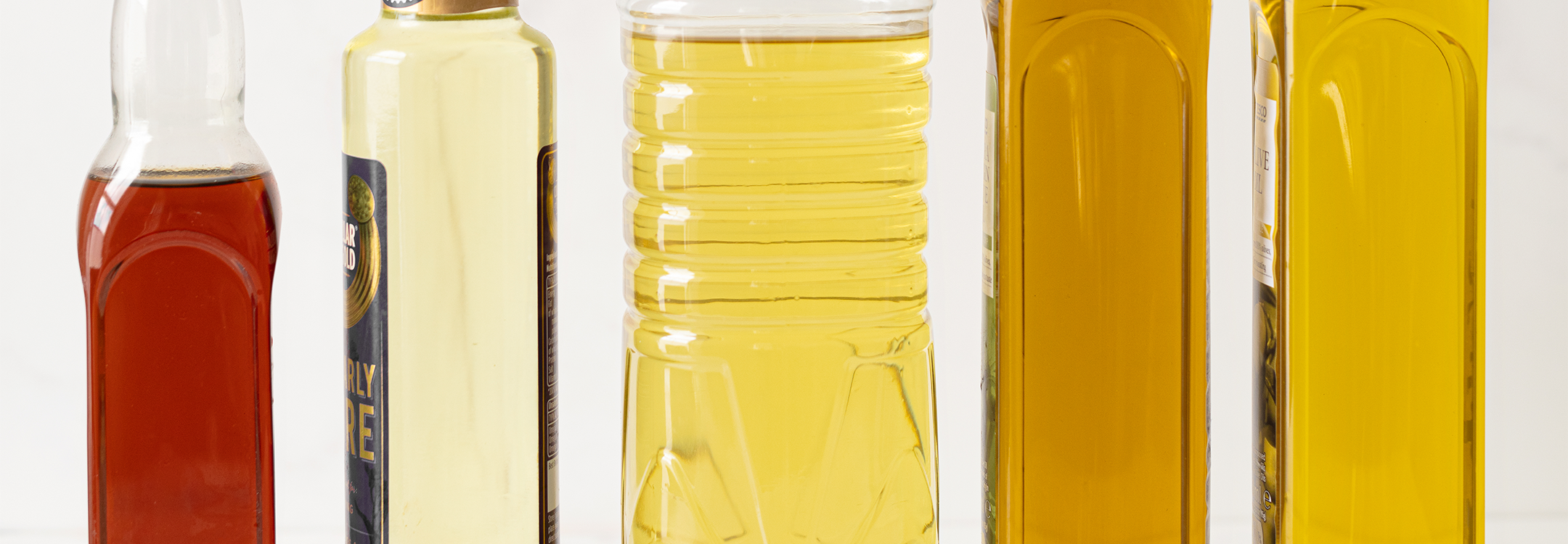
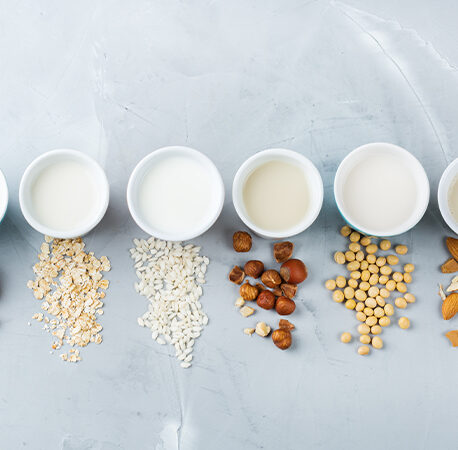
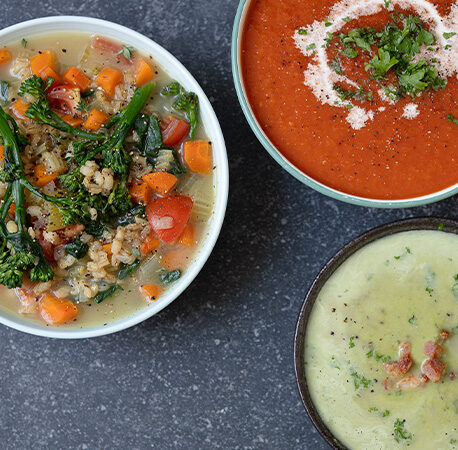

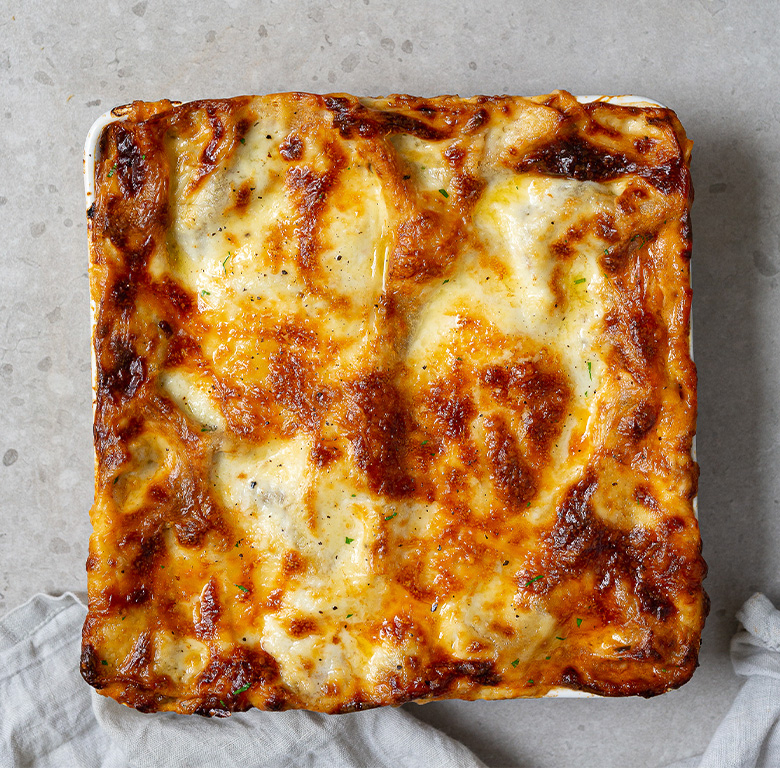
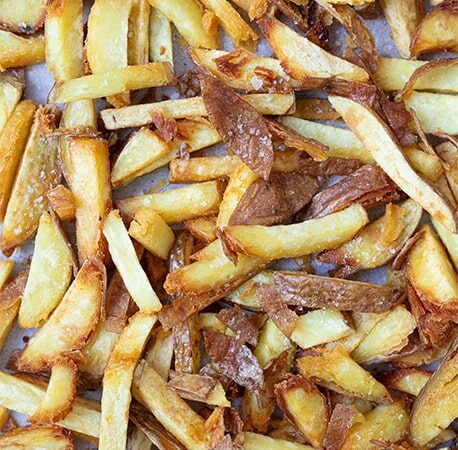
You have to be signed in to comment this post.